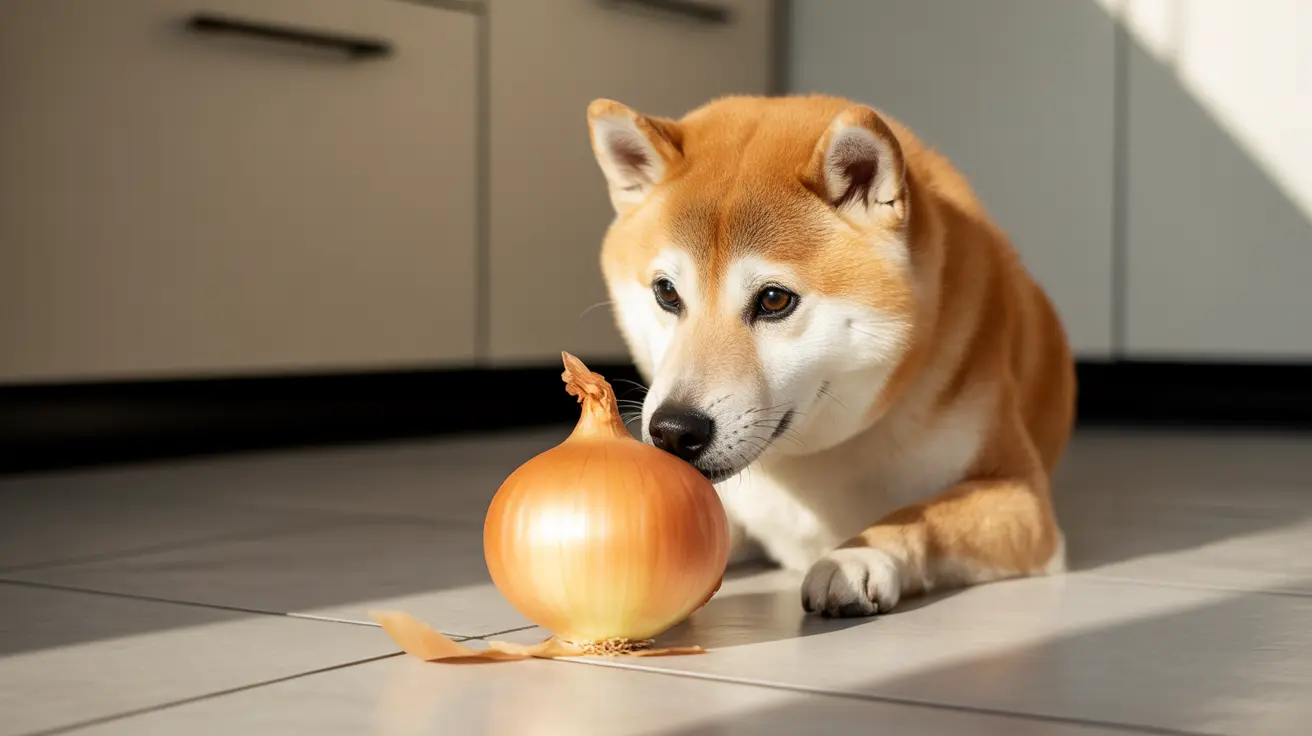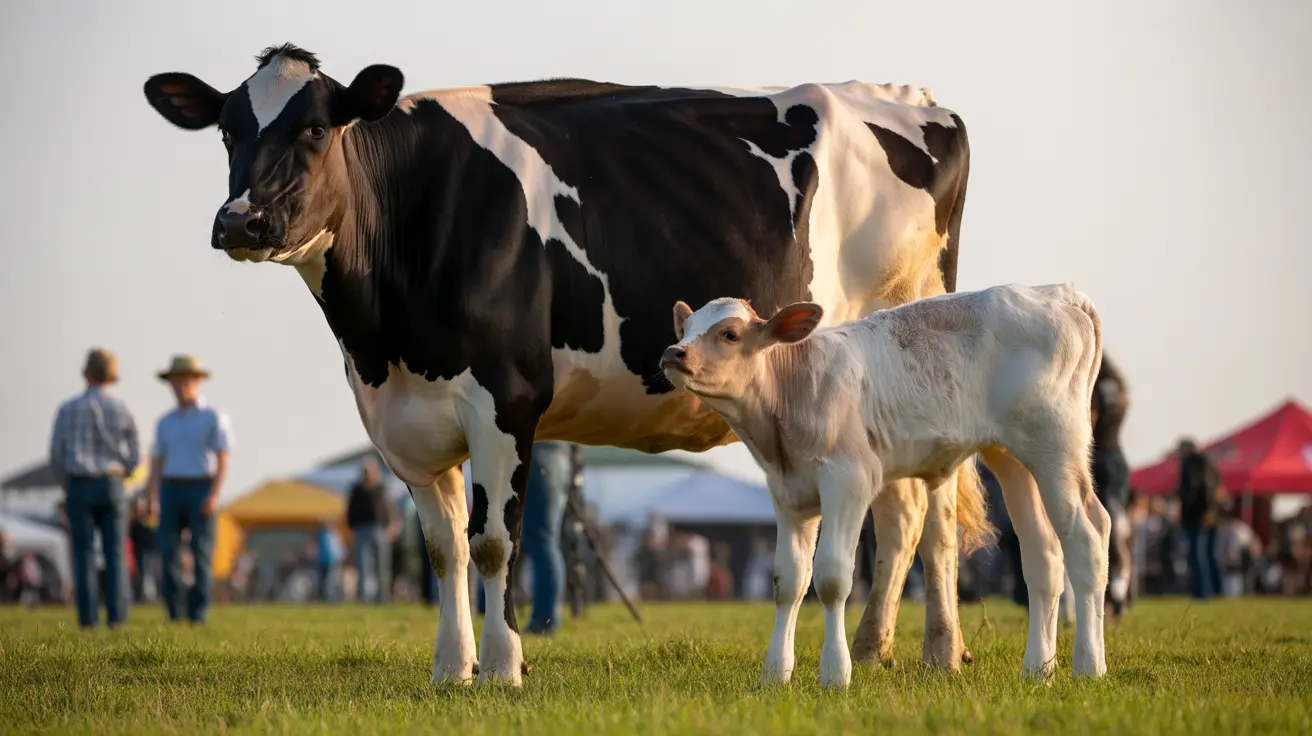Many dog owners wonder if onions are good for dogs, given how common this ingredient is in human cooking. The answer is clear and critically important: onions are highly toxic to dogs in all forms and should never be fed to them, even in small amounts.
In this comprehensive guide, we'll explore why onions pose such a serious threat to our canine companions, what happens if a dog eats onions, and how to keep your pet safe from this common kitchen hazard.
Understanding Onion Toxicity in Dogs
Onions contain compounds called N-propyl disulfide and thiosulphate that are particularly dangerous to dogs. These substances trigger a destructive process in dogs' bodies, attacking their red blood cells and potentially leading to a severe condition called hemolytic anemia.
What makes onions especially dangerous is that all forms are toxic - raw, cooked, powdered, or dehydrated. Even small amounts can cause serious health issues, especially in smaller dogs or certain breeds like Akitas and Shiba Inus that are particularly sensitive.
How Much Onion is Dangerous?
The toxic threshold for dogs is surprisingly low. Consuming just 0.5% of their body weight in onions can cause dangerous symptoms. For perspective, this means:
- A 30-pound dog could be seriously affected by just one medium-sized onion
- Small dogs could experience toxicity from a single slice
- Even a teaspoon of onion powder can be harmful due to its concentrated form
Signs of Onion Poisoning
If your dog has consumed onions, watch for these warning signs:
- Weakness and lethargy
- Vomiting and diarrhea
- Pale or bluish gums
- Loss of appetite
- Dark-colored urine
- Elevated heart rate
- Breathing difficulties
These symptoms might not appear immediately - it can take several days for signs of anemia to develop, making it crucial to seek veterinary care as soon as you suspect onion consumption.
Emergency Response and Treatment
If you catch your dog eating onions or suspect they've consumed food containing onions:
- Contact your veterinarian immediately
- Don't wait for symptoms to appear
- Bring any packaging or remains of what they ate
- Don't try home remedies - professional treatment is essential
Hidden Sources of Onion Danger
Onions can lurk in unexpected places. Always check ingredients in:
- Prepared soups and broths
- Baby food (sometimes used for sick dogs)
- Gravy and sauce mixes
- Processed snacks and chips
- Restaurant leftovers
- Pre-made meals
Safe Alternatives for Dogs
Instead of onion-containing foods, offer these safe vegetables as treats:
- Carrots
- Green beans
- Sweet potatoes
- Cucumber
- Pumpkin
- Celery
Frequently Asked Questions
Is it safe for dogs to eat any form of onion, including cooked or powdered?
No, all forms of onion are toxic to dogs, including raw, cooked, dried, and powdered. Even small amounts can cause serious health problems.
What are the signs and symptoms of onion poisoning in dogs that owners should watch for?
Key symptoms include lethargy, weakness, pale gums, vomiting, diarrhea, dark urine, and decreased appetite. These signs may take 1-7 days to appear after ingestion.
How much onion ingestion can cause toxicity or anemia in dogs of different sizes?
As little as 0.5% of a dog's body weight in onions can cause toxicity. For a 20-pound dog, this means about 100 grams (one medium onion) could be dangerous.
What should I do immediately if my dog has eaten onions or onion-containing foods?
Contact your veterinarian immediately - don't wait for symptoms to appear. If possible, bring the packaging or remains of what your dog ate to help determine the amount consumed.
What are safe vegetable alternatives to onions that I can give my dog as treats?
Safe alternatives include carrots, green beans, sweet potatoes, cucumber, pumpkin, and celery. Always introduce new foods gradually and in moderation.
Remember, when it comes to onions and dogs, it's better to be overly cautious. Keep all onion products safely out of reach, check ingredient labels carefully, and contact your veterinarian immediately if you suspect your dog has consumed any amount of onion.






